- Home
- ProductsMenuMenuMenuMenu
- About
- IndustriesMenuMenuMenu
- Contact
Top global chemical industry trends for 2023
Strong headwinds and supply chain disruptions in 2022 delivered a resilient surge for the U.S. chemical industry, which closed one of its best years in a decade with production rising 3.9%, according to data from the American Chemistry Council (ACC). That output is now expected to decline by 1.2% in 2023, as the industry currently faces a shallow recession, ACC predicts in its annual global chemical industry report (1). There are positive signs that supply chain resiliency planning and solutions on the horizon could bolster the chemical market sector.
With many environmental, social, and governance (ESG) factors impacting today’s businesses, CBS the third-largest chemical and ingredients distributor in the world, takes a closer look at four of the top trends driving the future of chemical and ingredient distribution.
Supply chain issues
“A resilient supply chain is one that is able to absorb shocks without interrupting supply to customers,” says Brandon Luna, vice president of supply chain strategy and commercial development at Univar Solutions, in the article Three strategies to securing a resilient supply chain.
As industries rebound from the past 24-plus months of volatile challenges – from the pandemic to raw material shortages, from port backups and rail disruptions to extreme weather and geopolitical events, and from factory shutdowns to labor shortages – focus is on building a more resilient, reliable, and data-predictable supply chain.
In 2023, transportation and shipping market sectors such as vessel, rail, and trucking have continued to recover from recent logistical and supply-chain issues. Below are key takeaways demonstrating that the chemical industry is moving at a healthier clip in 2023.
Global economy and politics
The global economy experienced swings from Europe’s high energy prices, China’s recovery struggling with zero-COVID policies, the war in Ukraine, the U.S. potentially heading into a recession, and high inflation in 2022. With China’s recovery hard to predict until the end of the first quarter and the Europe recession taking effect (albeit not as severe), our updates focus on North America.
In the U.S., sensible regulatory policies are key to keeping manufacturing competitive, tempering the impacts of a downturn and regaining momentum, says ACC. Three ways the organization sees policymakers helping the chemical industry include:
- Providing strong support for U.S. energy development, including promoting infrastructure investment and permitting reforms.
- Fixing regulatory bottlenecks in EPA’s chemical management system to support innovative uses of chemistry.
- Updating U.S. transportation policies to promote greater access to reliable and competitive freight rail service and improving truck capacity on interstate highways.
In addition, we note the growing concerns globally to ensure sustainable and ethical sourcing of materials used in chemical manufacturing.
- The Uyghur Forced Labor Prevention Act (UFLPA) prohibits materials made in Xinjiang Province from importation to the U.S. This includes raw materials used in manufacture outside Xinjiang, calling into question sourcing of Chinese materials. Focus on mining, agricultural, silicon based, cotton materials, and the use of forced labor. CBP requirement: “Clear and convincing evidence of no forced labor”
- Custom Border Patrol (CBP) enforcement of UFLPA is escalating (estimated 20,000 detentions in ’23 so far). CBS is developing in-depth supply chain mapping to minimize impact and mitigate risk.
Sustainability
Sustainability has become a business imperative and key performance indicator shaping the future of distribution. As more companies define their ESG goals to address environmental policies and set targets to reduce carbon emissions, Univar Solutions is at the forefront of bringing innovative materials and technologies forward to support the circular economy and help control plastic pollution with responsible reuse and repackaging solutions.
More than an aspiration, ESG is core to how we conduct business and key to our commercial successes. With a commitment to sustainability, Univar Solutions is positively impacting ESG targets through freight and geographic consolidation, optimizing the supply chain and reducing travel miles, investing in EVs, hybrids, hydrogen, and CNG technology to help reduce the carbon impact of our fleet, as well as:
- Doing what we say – CbS has a solid code of conduct that prohibits supporting or buying from producers using unfair labor practices;
- Helping companies identify, quantify, and rationalize sustainable packaging options to reduce CO2 emissions;
- Through our mini-bulk services, creating a customized storage solution with tanks ranging from 235 to 3,000 gallons, freeing up storage for more operative usage, further optimizing delivery and reducing trips using wireless telemetry systems for tank monitoring; and
- Working with customers to distribute materials by leveraging waste management technologies for beneficial reuse, recycling, reclaim, waste to energy, thermal desorption, fuels-blending, incineration, and deep-wells.
Digital technology
E-commerce, artificial intelligence, smart supply chain—these aren’t just buzzwords for the chemical and ingredients industry. Digital tools have been critical to companies’ efforts to improve the resilience of supply chain planning and execution, according to a recent survey by McKinsey & Company (4). From product transactions and sustainable operations to formulation development and testing, the chemical industry continues on its digital transformation in 2023.
On the digital transformation journey for the past four years, CBS has implemented a digital strategy that puts the customer at the center of everything we do. At the most basic level, we look at how we can simplify order intake, shipping, and billing. At a more consultative level, we find ways to help customers formulate their products, understand new solutions, deal with regulatory obstacles, and respond to emerging market trends.
